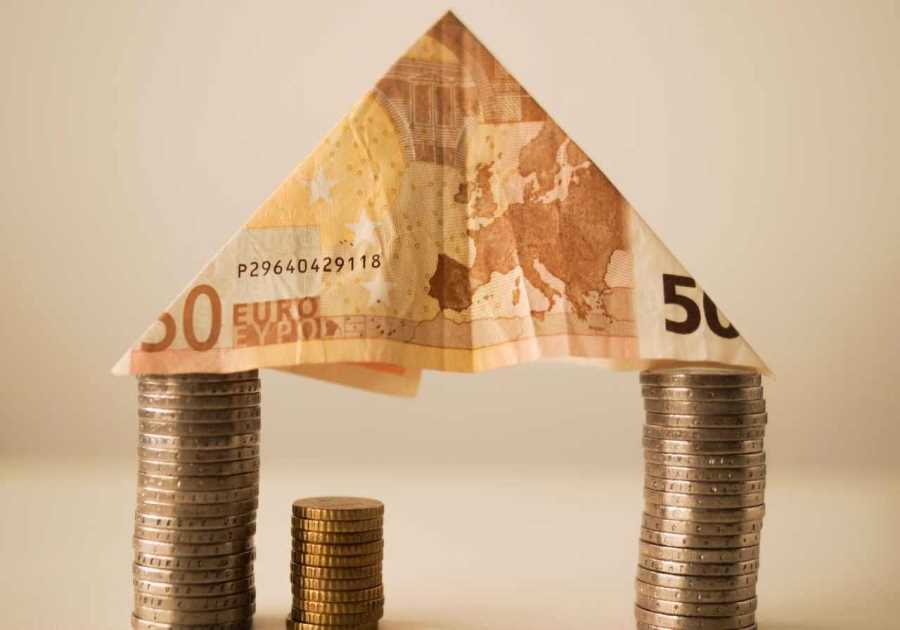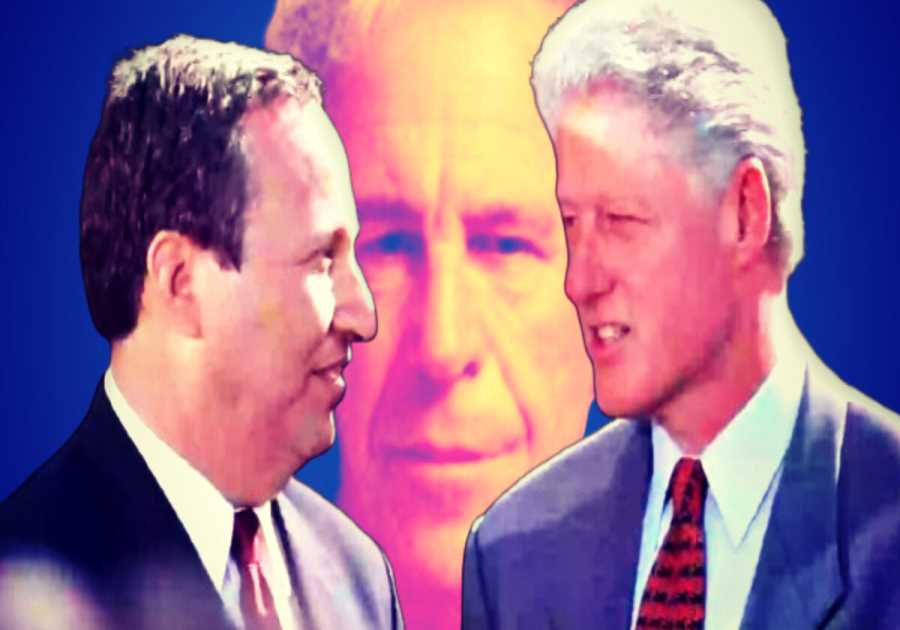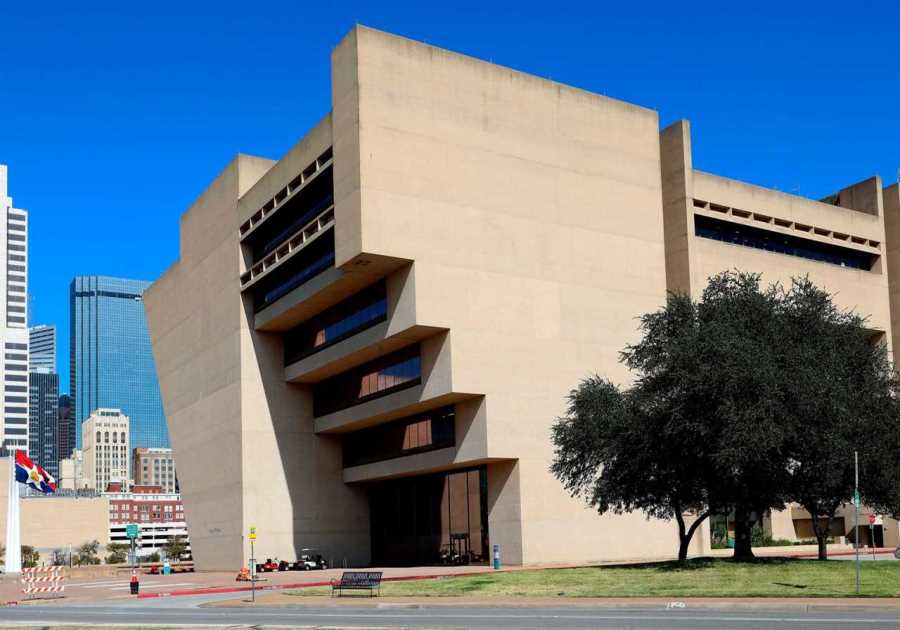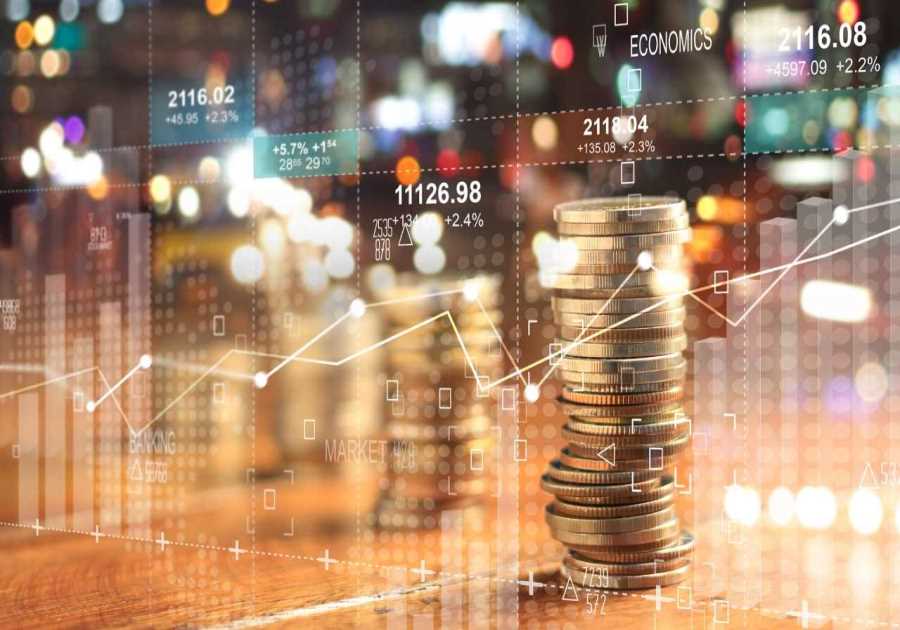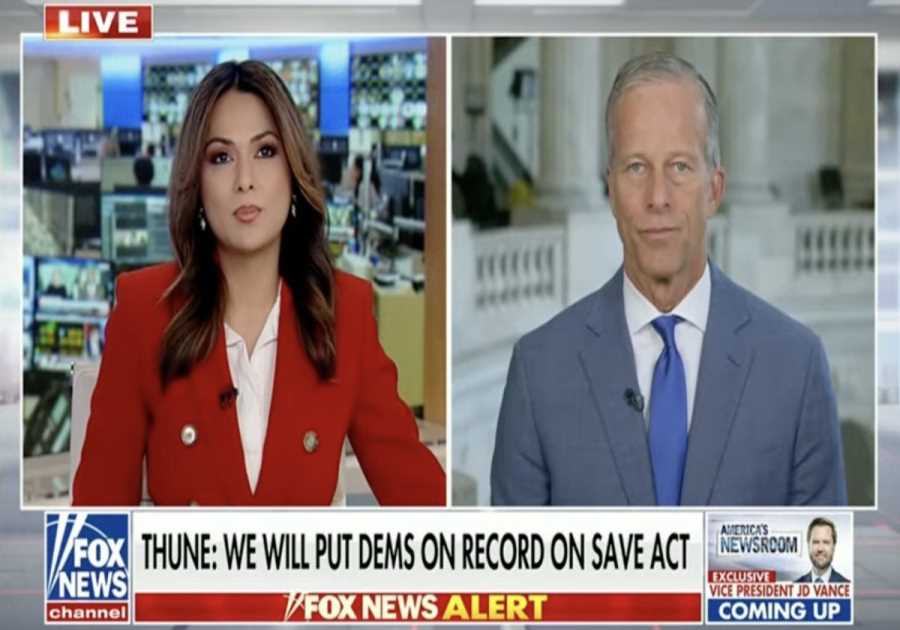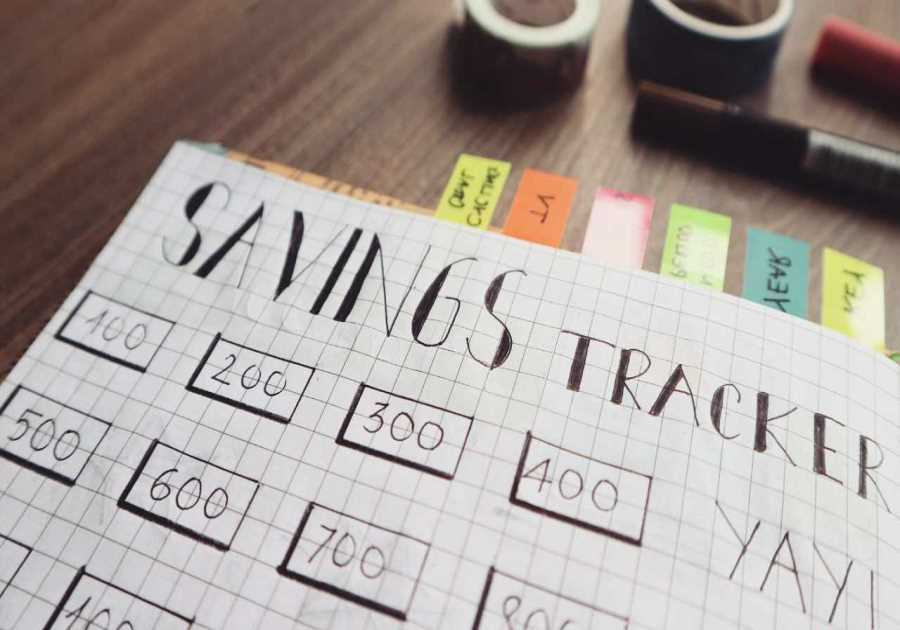Getty Images
- Americans have been feeling pretty dreary about the economy — almost like it's 2009 all over again.
- It might be because the loudest people in the room are the ones seeing the fewest relative gains right now.
- Lower-income Americans got the biggest relative raises, and inflation is set to cool even more.
The economy is good right now.
No, really. We promise.
The extreme dissonance between sentiment and reality is something that Will Stancil, a researcher at the University of Minnesota, began picking up on in late 2021; he said it only worsened over the next few years.
"The economic sentiment was equivalent to 2009. I had just graduated from college in 2009. And times were miserable. You couldn't get a job to save your life," said Stancil, who works on metro policy research. In February of that year unemployment was well over 8%.
By contrast, Stancil noticed the 2021 economy was rebounding back from a brief but painful pandemic-induced recession: Wages were growing, people still had a savings cushion, and spending was up.
And the data has only gotten better. The unemployment rate has now been under 4% for 22 months straight, per BLS, the longest such stretch in over 50 years. The country added more jobs than expected in November. Layoff rates are still hovering near historic lows.
The much-discussed and feared recession hasn't arrived. Yes, inflation is up, but people have jobs and are able to keep spending. Americans did just that this holiday season, with retail sales up 3.1% during the holiday stretch from November 1 to December 24, according to data from MasterCard SpendingPulse.
Blue-collar workers, meanwhile, have made big economic strides, but those stories have been crowded out by headlines about layoffs at major tech and media companies. Wage increases have largely kept up with inflation but have surpassed it for lower-income workers. Real wages were up 0.8% year-over-year in November, which was most pronounced among lower-income Americans.
"One of the weird things about the recent economy has been the way that it is very strong for people on the bottom and for entry-level workers and for younger people, but it's a lot weaker obviously for media, for tech, for wealthier people," Stancil said. "Of course, these are the voices that have access to the platforms to spread ideas."
That could be why the economic mood has stayed dreary, even as all indicators showed a roaring recovery.
While the University of Michigan Index of Consumer Sentiment rose 13.7% month-over-month in December, suggesting people finally realize the economy is improving, sentiment is still below this year's high in July.
So why did a "vibecession" persist for so long?
"What was essentially happening here, to me, was just sort of a social consensus that the economy is bad," Stancil said.
As Stancil explained, people's perceptions of the economy are based on how they think everyone else is doing.
"If they're hearing that everyone else is miserable, they're going to think the economy's bad," Stancil said.
And when the prices for housing, clothing, and food are still rising, and there's breathless talk and media coverage of just how poorly the economy is doing, people often think everyone else is not doing too well. And of course, the economy is not optimal for everyone: Wage gaps still exist, people of color continue to be more unemployed than white Americans, and inflation has been eating into everyone's budgets.
The housing market is weighing on many Americans' finances, especially renters in coastal cities — who, again, are the ones experiencing the brunt of the rougher side of the economy.
There is the very real sticker shock from inflation, up 3.1% year-over-year in November but down from January highs of 6.3%. There's also the doom and gloom dominating some economic coverage. Stancil argues part of that could be chalked up to who's leading the discussions on the economy that filter into the social consensus.
Reversing that sentiment has become a crusade of Stancil's on Twitter, where he's been "trying to convince people that, no things are good, that what you're hearing from your friends is wrong, what you're hearing from TikTok is wrong," he said. It's a subject that's generated a lot of engagement.
"And in the last month or so, it seems like that some of those gears have finally connected," Stancil said.
As Business Insider previously reported, there might be a reason that your LinkedIn feed is negative, despite the economy looking robust: The people posting on LinkedIn are in sectors like media or tech that are facing a much rougher outlook. But that's still a very small subset of the economy.
As Emily Stewart writes for Vox: "I'm going to throw out a wild idea here: What if the economy is good in 2024?" And that's a shift that Stancil has been seeing, too.
"One of the reasons I think everyone kind secretly believes in vibes stuff, even if they won't admit it themselves, is that everyone can tell something has changed in the air," Stancil said. About three weeks ago, "suddenly everyone kind of agreed all at once to start saying, hey, maybe things are okay. Maybe the economy's good and you could just tell, you could just feel it shift."
Read More
By: [email protected] (Juliana Kaplan,Noah Sheidlower)
Title: It's time to admit the economy is thriving
Sourced From: www.businessinsider.com/recession-outlook-economy-good-inflation-jobs-wages-2023-12
Published Date: Sun, 31 Dec 2023 10:27:01 +0000
.png)
